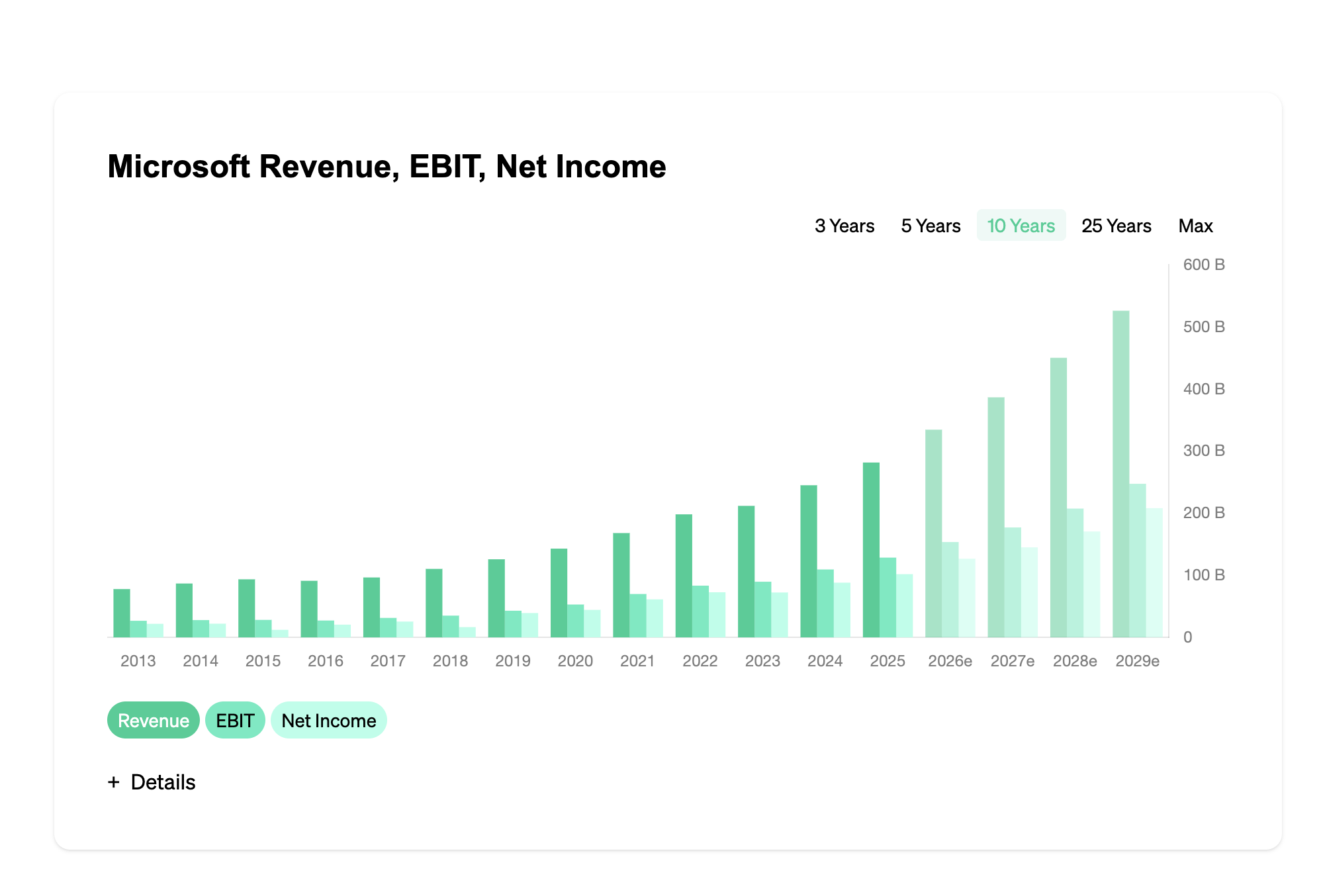NIC
Definition and Explanation
TL;DR – Brief Definition
Go to FAQs →NIC: NIC is the acronym for Net Interest Cost, also known as Nettokostensatz in German. It is a significant measure utilized in capital markets, particularly within the realm of fixed-income securities. NIC represents the total borrowing cost to an issuer of a bond or loan after adjusting for the present value of all cash flows associated with the transaction, including any discounts or premiums. The calculation of NIC involves several key components. First, it takes into account the stated interest rate at which the bond or loan is issued. This rate is typically expressed as a percentage of the face value and determines the periodic interest payments made by the issuer. Secondly, NIC considers the time value of money by discounting those interest payments to their present value. This is accomplished by applying an appropriate discount rate, typically based on market interest rates or the specific credit risk of the issuer. Moreover, NIC incorporates any additional costs or rebates associated with the issuance of the bond or loan. Such costs may include underwriting fees, commissions, legal expenses, or other administrative charges. The inclusion of these expenses ensures the accuracy and comprehensiveness of the overall borrowing cost estimation. Investors heavily rely on NIC to gauge the true expense associated with fixed-income investments. By considering all relevant costs and present valuing future cash flows, NIC provides a reliable benchmark to compare different investment opportunities within the capital markets. This allows investors to make informed decisions based on the net cost to the issuer and the potential yield or return they can expect from the investment. In summary, Net Interest Cost (NIC) measures the total borrowing cost for an issuer of a bond or loan, accounting for the present value of all cash flows, adjustments, and additional costs incurred during the transaction. By evaluating the NIC, investors gain valuable insight into the actual expenses associated with fixed-income investments, aiding them in making informed investment decisions. At Eulerpool.com, a premier destination for equity research and finance news, we strive to provide the most comprehensive and accurate glossary/lexicon for investors in capital markets. Be sure to explore our website for further information and an extensive range of resources tailored to your investment needs.
Detailed Definition
Frequently Asked Questions about NIC
Was bedeutet NIC?
NIC is the acronym for Net Interest Cost, also known as Nettokostensatz in German. It is a significant measure utilized in capital markets, particularly within the realm of fixed-income securities.
Wie wird NIC beim Investieren verwendet?
„NIC“ hilft dabei, Informationen einzuordnen und Entscheidungen an der Börse besser zu verstehen. Wichtig ist immer der Kontext (Branche, Marktphase, Vergleichswerte).
Woran erkenne ich NIC in der Praxis?
Achte darauf, wo der Begriff in Unternehmensberichten, Kennzahlen oder Nachrichten auftaucht. In der Regel wird „NIC“ genutzt, um Entwicklungen zu beschreiben oder Größen vergleichbar zu machen.
Welche typischen Fehler gibt es bei NIC?
Häufige Fehler sind: falscher Vergleich (Äpfel mit Birnen), isolierte Betrachtung ohne Kontext und das Überinterpretieren einzelner Werte. Nutze „NIC“ zusammen mit weiteren Kennzahlen/Infos.
Welche Begriffe sind eng verwandt mit NIC?
Ähnliche Begriffe findest du weiter unten unter „Leserfavoriten“ bzw. verwandten Einträgen. Diese helfen, „NIC“ besser abzugrenzen und im Gesamtbild zu verstehen.
Reader Favorites in the Eulerpool Stock Market Lexicon
Bauherrenauskunft
Bauherrenauskunft ist ein Ausdruck, der in der deutschen Finanzwelt verwendet wird, um Informationen über die finanzielle Situation von Baufirmen zu beschreiben. Bauherrenauskunft wird oft von Kapitalmarktinvestoren, insbesondere von denen, die...
Vorratsinvestition
Die Vorratsinvestition ist eine wichtige und strategische Entscheidung in der Welt der Kapitalmärkte. Sie bezieht sich auf den Kauf von Waren oder Rohstoffen, die auf Lager gehalten werden, um die...
spezifischer Zoll
Definition: Spezifischer Zoll Der Begriff "spezifischer Zoll" ist ein wichtiger Bestandteil des internationalen Handelsrechts und bezieht sich auf eine spezielle Form der Besteuerung von Waren bei ihrer Einfuhr in ein Land....
Chicagoer Börsen
Die Chicagoer Börsen sind eine Gruppe von Börsen in Chicago, Illinois, USA, die zusammen eine bedeutende Rolle im globalen Finanzmarkt spielen. Diese Börsen sind für ihre umfangreiche Palette an Finanzinstrumenten...
Fertigungslöhne
"Fertigungslöhne" ist ein Begriff, der im Zusammenhang mit den Kosten für die Herstellung von Waren und Dienstleistungen verwendet wird. Insbesondere bezieht er sich auf die Löhne und Gehälter, die an...
Design for Environment
Design for Environment (DfE), or Umweltdesign in German, is a strategic approach that aims to integrate environmental considerations into the design and development of products, processes, and systems. This concept...
Neighbourhood Office Center
Neighbourhood Office Center (Nachbarschafts-Office-Center) bezeichnet ein kommerziell genutztes Gebäude, das als Zentrum für Büro- und Gewerbeflächen in Wohnvierteln fungiert. Dieses Konzept wurde entwickelt, um den Bedürfnissen von Unternehmen gerecht zu...
Ersatzverkehr
Definition und Erklärung des Begriffs "Ersatzverkehr" Der Begriff "Ersatzverkehr" bezieht sich im Bereich des Transportwesens auf eine temporäre Maßnahme, die ergriffen wird, um den regulären Verkehr auf einer bestimmten Strecke zu...
Delivered Duty Unpaid
Delivered Duty Unpaid (DDU) - Geliefert unverzollt Delivered Duty Unpaid (DDU) bezieht sich auf eine Handelsbedingung, bei der der Verkäufer die Kosten und Verantwortlichkeit für die Lieferung der Ware bis zum...
Netzwerkanalyse
Netzwerkanalyse ist ein analytisches Konzept, das immer mehr an Bedeutung gewinnt, insbesondere in den dynamischen und komplexen Weltmärkten. Diese Methode nutzt mathematische Modelle und Techniken, um Beziehungen und Interaktionen zwischen...

